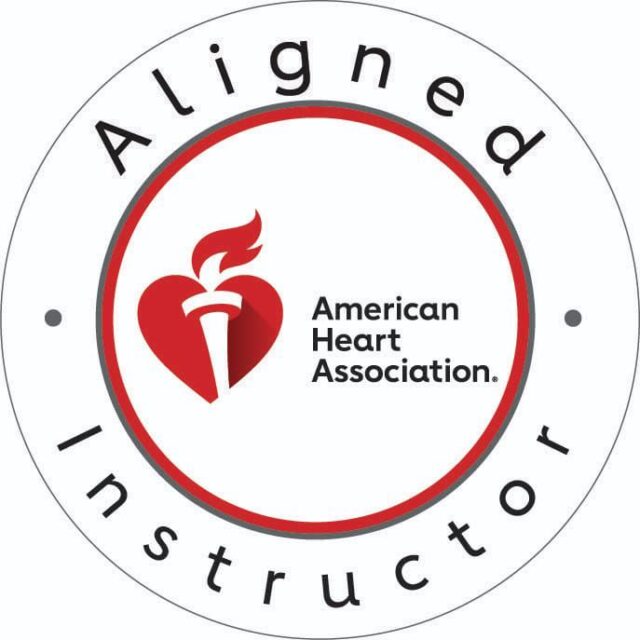One of the questions we get a lot about home care is, “Are there any truths about assisted living?.” Most people are scared that what most assisted living homes say they offer is not true, hence making it a difficult option to consider for their elderly loved ones. These misconceptions and myths have left many with a bias on whether to make their loved ones go through this transition. This article aims to shed light on the truths about assisted living, providing clarity and understanding for families navigating this important stage of life.
What is assisted living?
Assisted living is a residential option for seniors who require assistance with activities of daily living, such as bathing, dressing, and medication management, but do not need round-the-clock medical care. Residents live in private or semi-private apartments within a community setting, receiving personalized support and access to amenities such as dining, social activities, and transportation services. Assisted living promotes independence, safety, and social engagement for seniors while providing peace of mind for their families.
When is the right time to transition a senior to an assisted living home?
Knowing when it’s time for assisted living can vary depending on individual circumstances, but some signs to consider include:
- difficulty with activities of daily living such as bathing, dressing, and managing medications
- frequent falls or safety concerns at home,
- increased isolation or loneliness,
- declining physical or cognitive health that requires more supervision or assistance,
- caregiver burnout or inability to meet the senior’s needs adequately.
Consulting with healthcare professionals, and family members and assessing the senior’s overall well-being can help determine if assisted living is the right choice.
6 Truths About Assisted Living
Now you know that assisted living homes are not as terrible as they have been painted, here are some truths about assisted living
1. Assisted living promotes independence
Contrary to common belief, assisted living facilities are designed to foster independence among residents. Trained staff members provide support and assistance with daily activities, enabling residents to maintain autonomy while receiving the necessary care. From medication management to help with grooming and mobility, assisted living promotes independence within a safe and supportive environment.
2. Enhanced quality of life
One of the primary goals of assisted living is to enhance the quality of life for seniors. These facilities offer a range of amenities and activities tailored to the interests and abilities of residents. Whether participating in social events, fitness classes, or cultural outings, seniors in assisted living enjoy a fulfilling and engaging lifestyle that contributes to their overall well-being.
3. Personalized care plans
Assisted living facilities understand that each resident has unique needs and preferences. Therefore, they develop personalized care plans to address individual requirements effectively. From assistance with personal care to specialized memory care programs for those with dementia, these tailored plans ensure that residents receive the support they need while maintaining their dignity and autonomy.
4. Social connection and community
Loneliness and isolation are significant concerns for many seniors, especially those living alone. Assisted living facilities provide a vibrant community where residents can connect with peers, form meaningful friendships, and participate in social activities. The sense of belonging and camaraderie fosters emotional well-being and combats feelings of loneliness, enriching the lives of residents.
5. Safety and security
One of the primary reasons families consider assisted living for their loved ones is the assurance of safety and security. These facilities have safety features such as emergency response systems, and secure entrances. Also, there are abundant staff who have proper training available around the clock. Families can have peace of mind knowing that their loved ones are in a secure environment where help is always available.
6. Support for caregivers
For family caregivers, the decision to transition a loved one to assisted living can be emotionally challenging. However, assisted living facilities provide much-needed support for caregivers, offering respite care options and relieving them of the burden of constant caregiving responsibilities. This allows caregivers to focus on nurturing their relationship with their loved ones while ensuring their well-being is in capable hands.
Conclusion
Understanding the truths about assisted living is essential for making informed decisions regarding caring for our ageing loved ones. By embracing the good assisted living offers families can provide their loved ones with the care and support they need to thrive in their golden years.
We hope you found this guide helpful.
If you are in Indiana and looking for how to access quality care services and personalized client care plans, visit Good Hands Home Care Agency, where care is offered with professionalism and efficiency.





